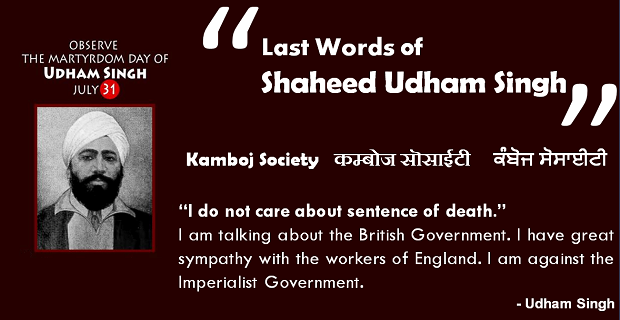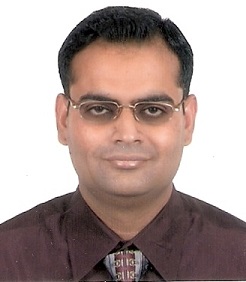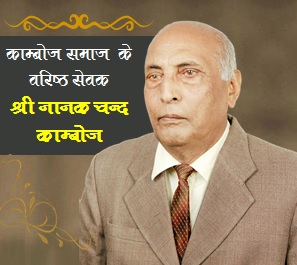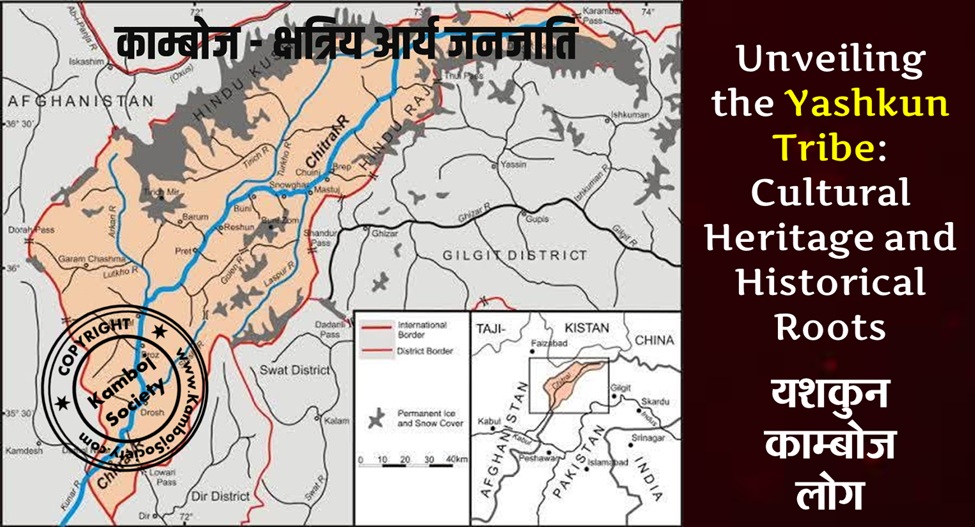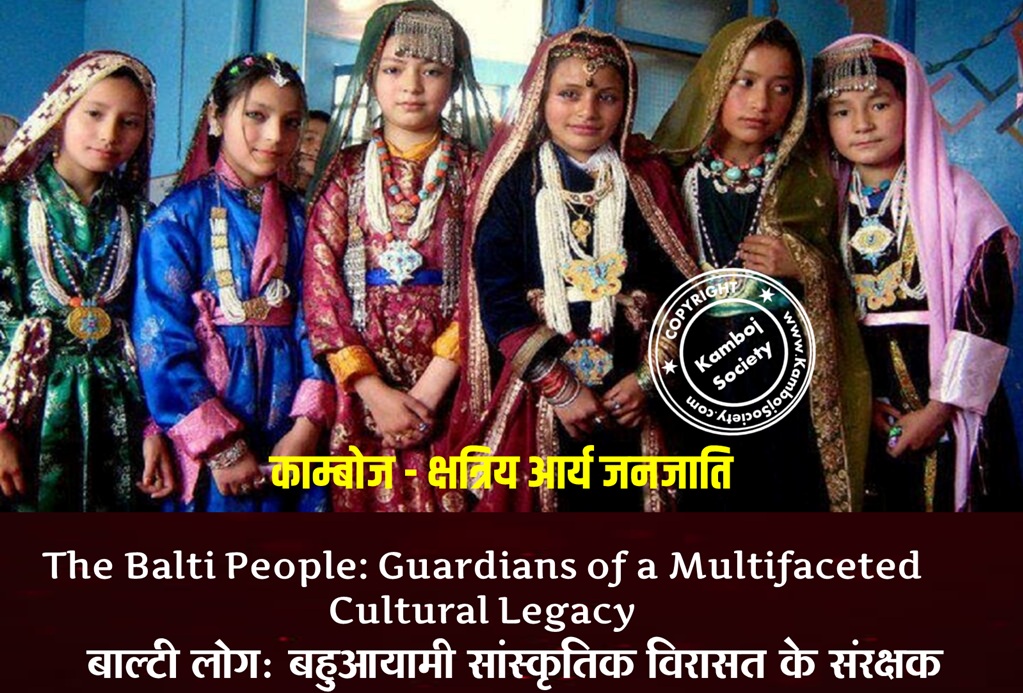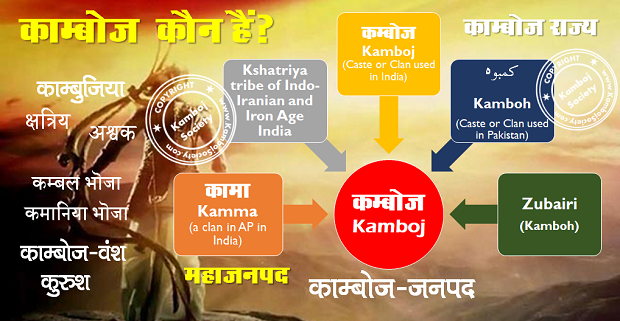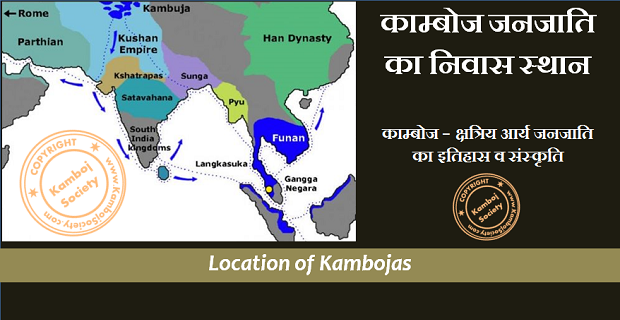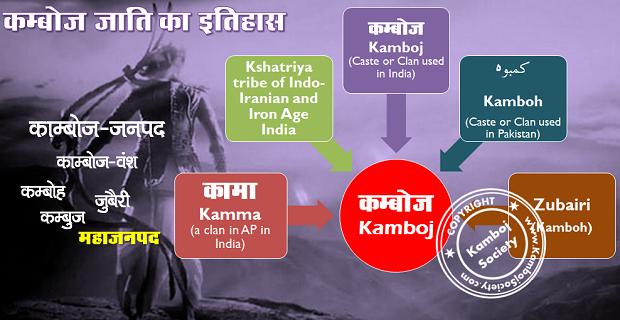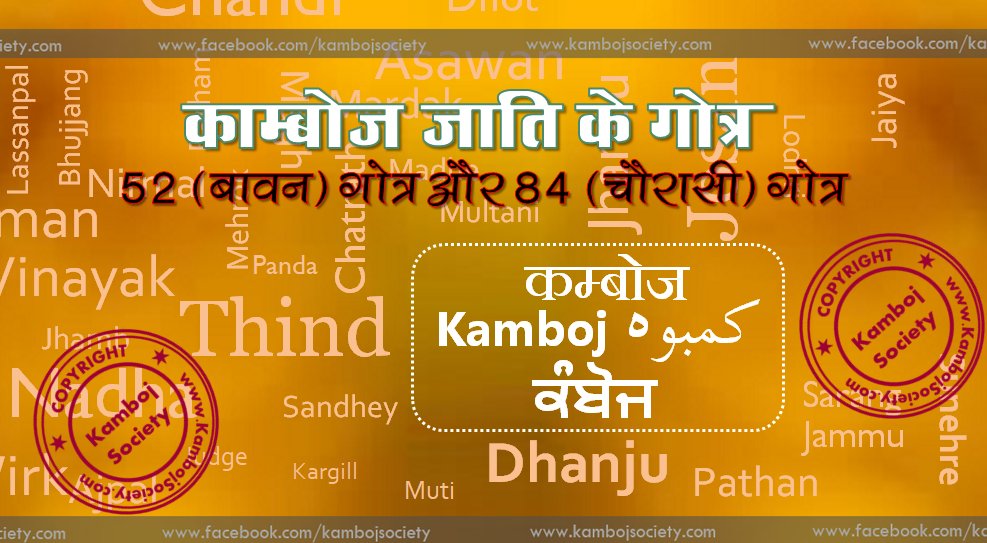On the 31st July, 1940, Udham Singh was hanged at Pentonville jail, London. On the 4th of June in the same year he had been arraigned before Mr. Justice Atkinson at the Central Criminal Court, the Old Bailey. Udham Singh was charged with the murder of Sir Michael O'Dwyer, the former Lieutenant-Governor of the Punjab who had approved of the action of Brigadier-General R.E.H. Dyer at Jallianwala Bagh, Amritsar on April 13, 1919, which had resulted in the massacre of hundreds of men, women and children and left over 1,000 wounded during the course of a peaceful political meeting. The assassination of O'Dwyer took place at the Caxton Hall, Westminster. The trial of Udham Singh lasted for two days, he was found guilty and was given the death sentence. On the 15th July, 1940, the Court of Criminal Appeal heard and dismissed the appeal of Udham Singh against the death sentence.
Prior to passing the sentence Mr. Justice Atkinson asked Udham Singh whether he had anything to say. Replying in the affirmative he began to read from prepared notes. The judge repeatedly interrupted Udham Singh and ordered the press not to report the statement. Both in Britain and India the government made strenuous efforts to ensure that the minimum publicity was given to the trial. Reuters were approached for this purpose.
The father of Udham Singh, Tehl Singh, was born into a poor peasant family and worked as a Railway Gate Keeper at the railway level crossing at Village Uppali. Udham Singh was born on 26th December, 1899 at Sunam, Sangrur District, Punjab. After the death of his father Udham Singh was brought up in a Sikh orphanage in Amritsar. The massacre at Jallianwala Bagh in 13 April 1919 was deeply engraved in the mind of the future martyr. At the age of 16 years Udham Singh defied the curfew and was wounded in the course of retrieving the body of the husband of one Rattan Devi in the aftermath of the slaughter. Subsequently Udham Singh travelled abroad in Africa, the United States and Europe. Over the years he met Lala Lajpat Rai, Kishen Singh and Bhagat Singh, whom he considered his guru and 'his best friend'. In 1927 Udham Singh was arrested in Amritsar under the Arms Act. The impact of the Russian revolution on him is indicated by the fact that amongst the revolutionary tracts found by the raiding party was Rusi Ghaddar Gian Samachar. After serving his sentence and visiting his home town, Udham Singh resumed, his travels abroad. If it was the Jallianwala Bagh massacre which provided the turning point of his life which led him to avenge the dead, it was Bhagat Singh who provided him with the inspiration to pursue the path of revolutionary struggle.Echoes of Kartar Singh Sarabha and Bhagat Singh may be found in the words of Udham Singh in the wake of the assassination of O'Dwyer.
'I don't care, I don't mind dying. What Is the use of waiting till you get old? This Is no good. You want to die when you are young. That is good, that Is what I am doing'.
After a pause he added:
'I am dying for my country'.
In a statement given on March 13th, 1940 be said:
'I just shot to make protest. I have seen people starving In India under British Imperialism. I done it, the pistol went off three or four times. I am not sorry for protesting. It was my duty to do so. Put some more. Just for the sake of my country to protest. I do not mind my sentence. Ten, twenty, or fifty years or to be hanged. I done my duty.'In a letter from Brixton Prison of 30th March, 1940, Udham Singh refers to Bhagat Singh in the following terms:
'I never afraid of dying so soon I will be getting married with execution. I am not sorry as I am a soldier of my country it is since 10 years when my friend has left me behind and I am sure after my death I will see him as he is waiting for me it was 23rd and I hope they will hang me on the same date as he was.'
The British courts were able to silence for long the last words of Udham Singh. At last the speech has been released from the British Public Records Office.
Part 2

